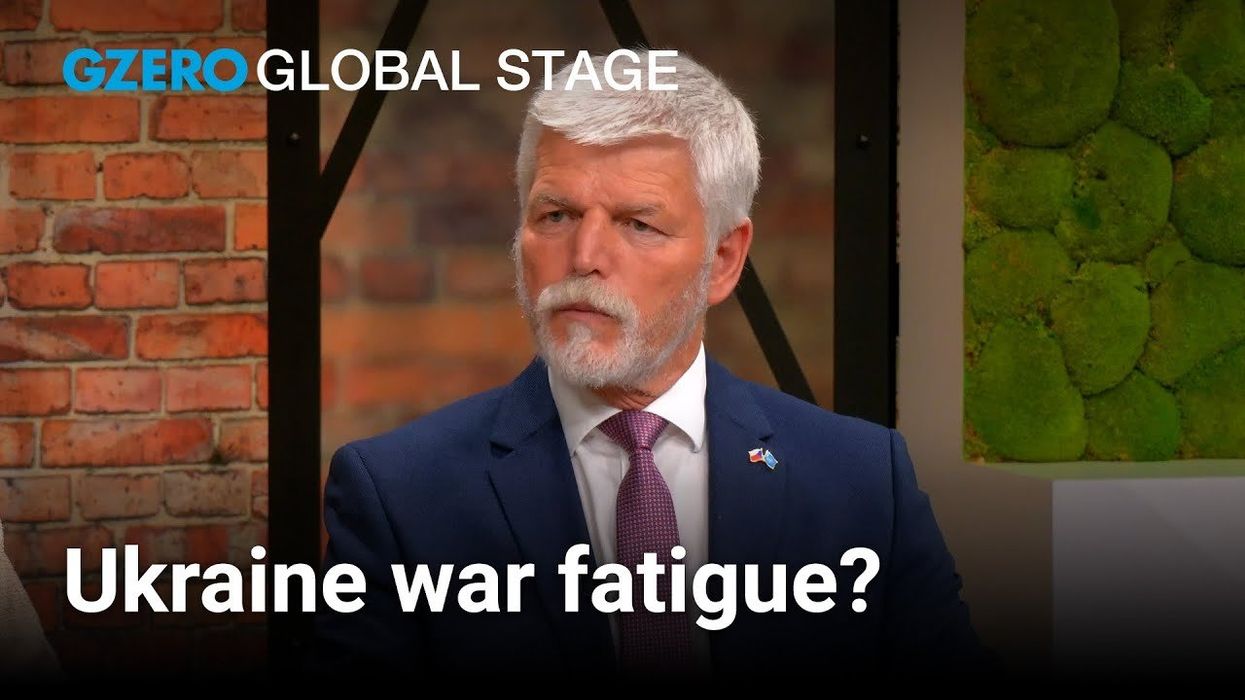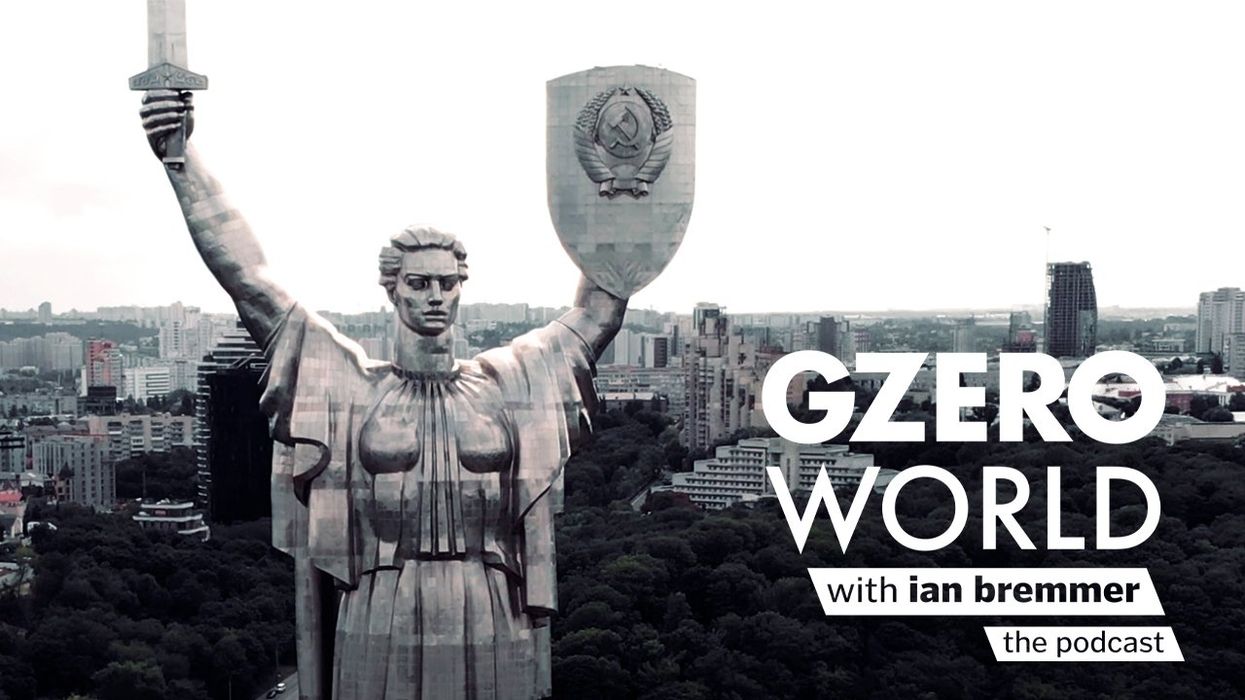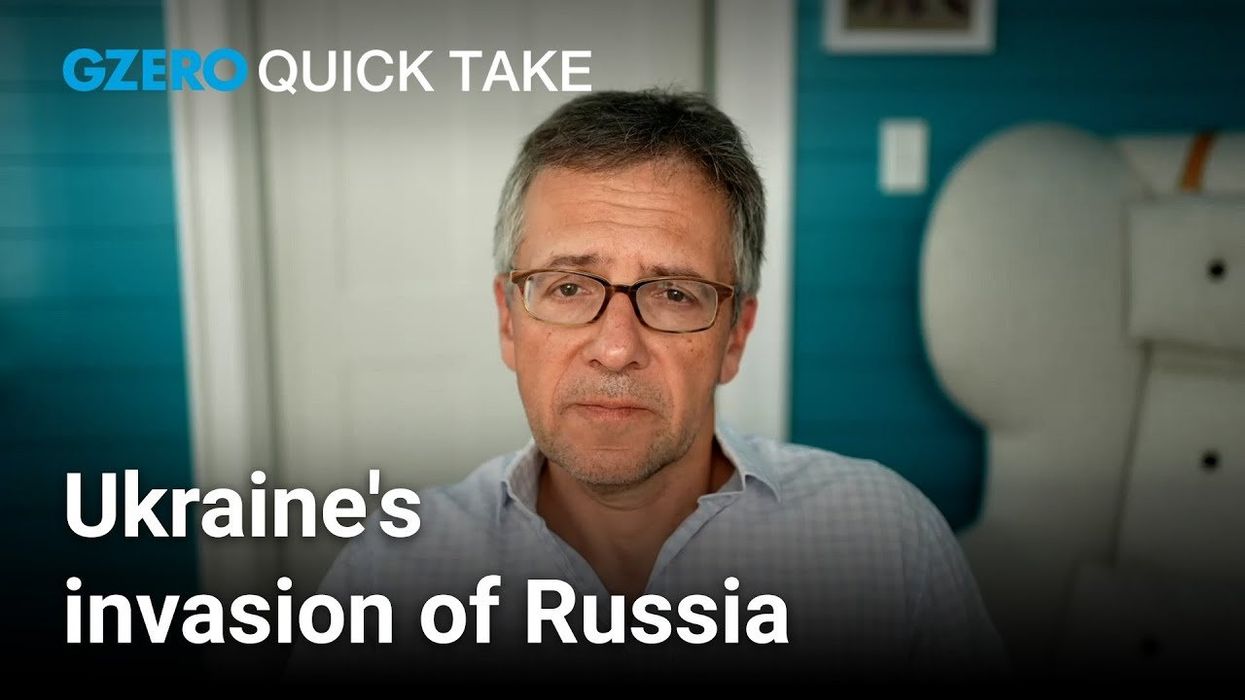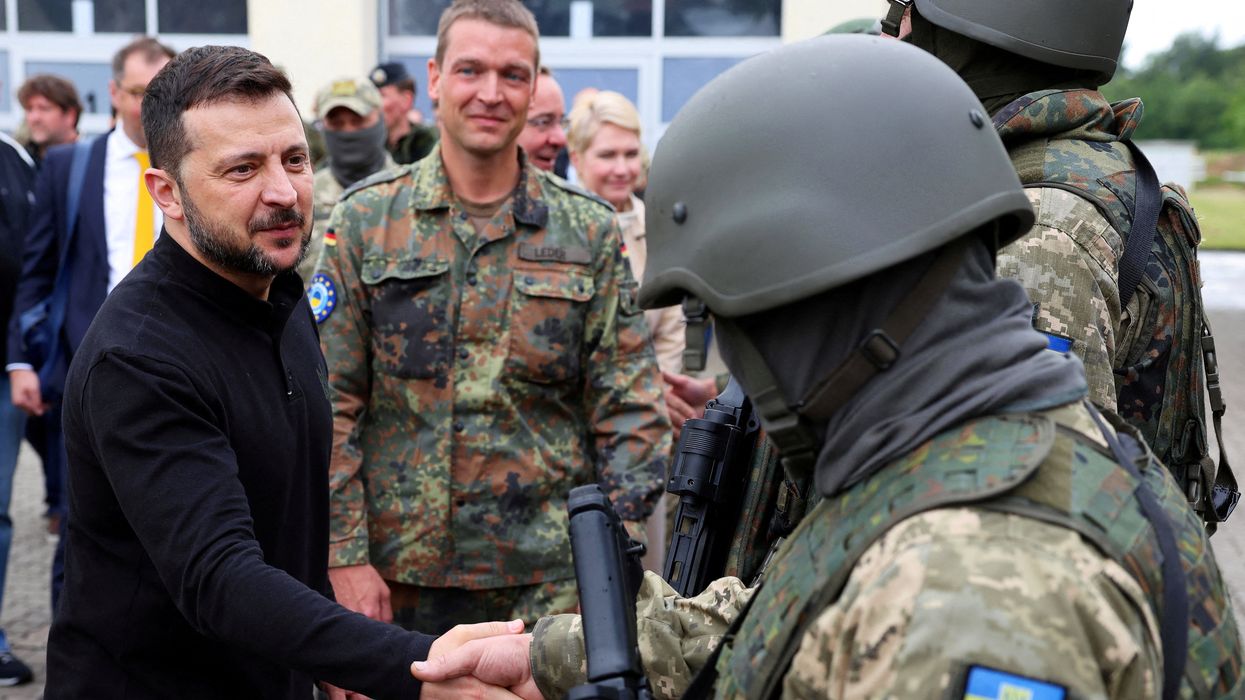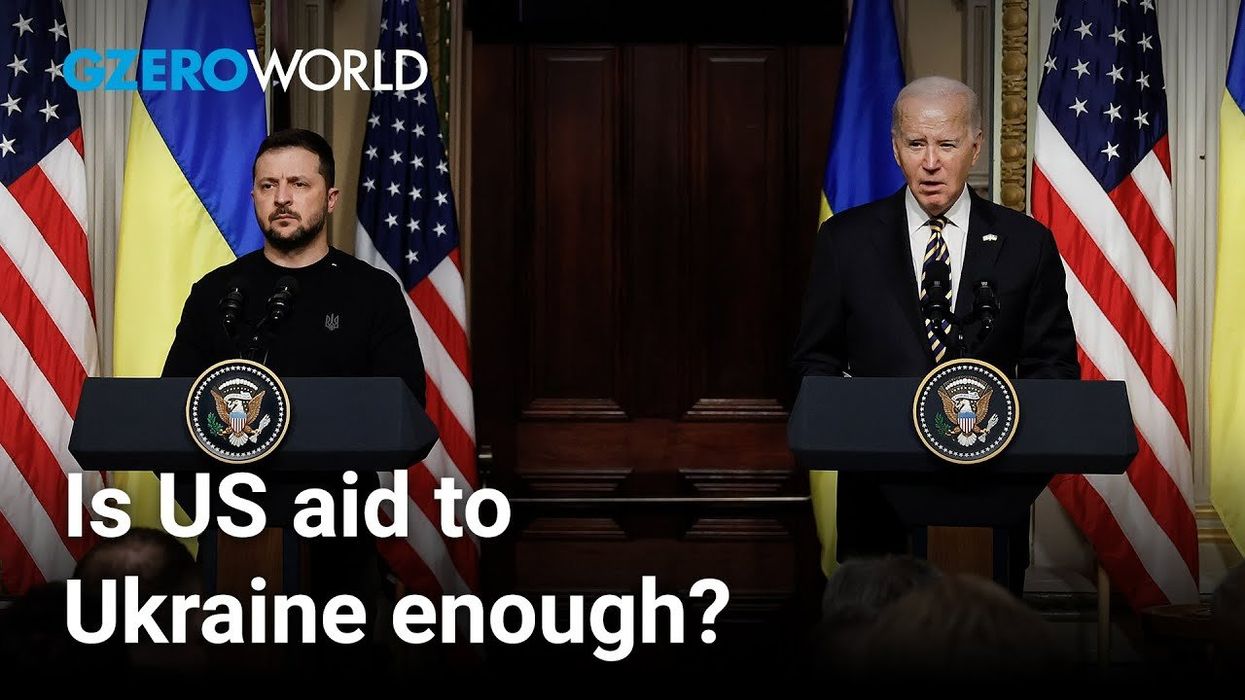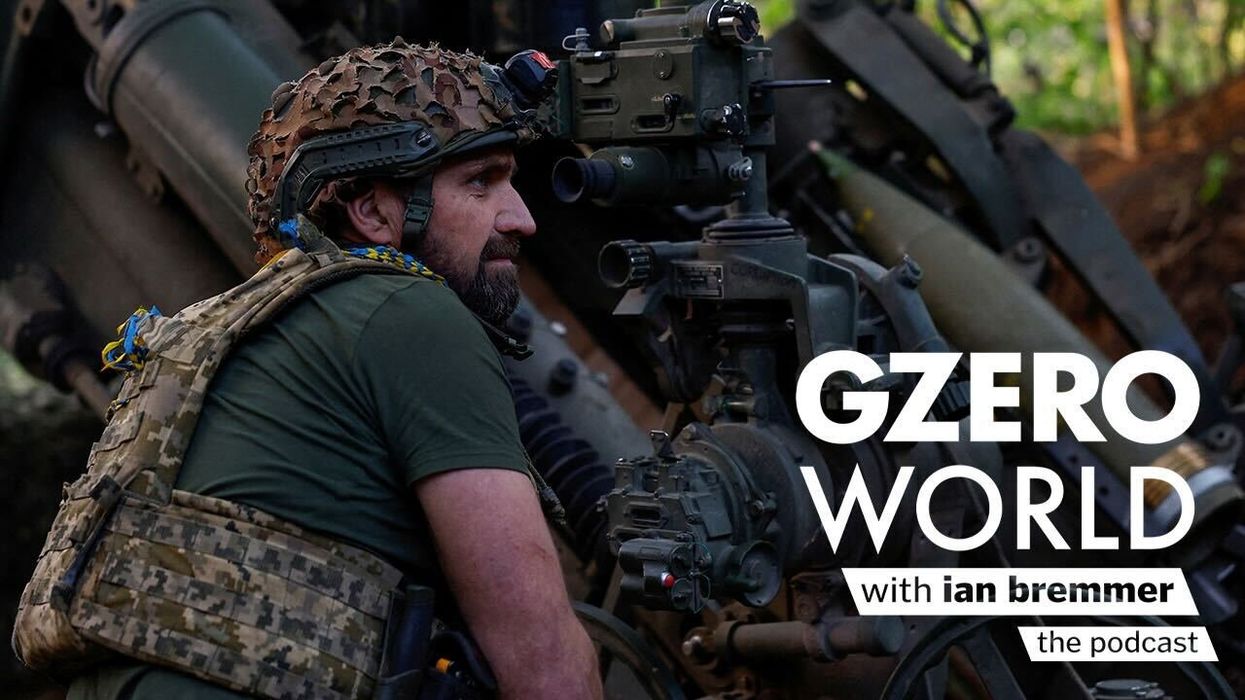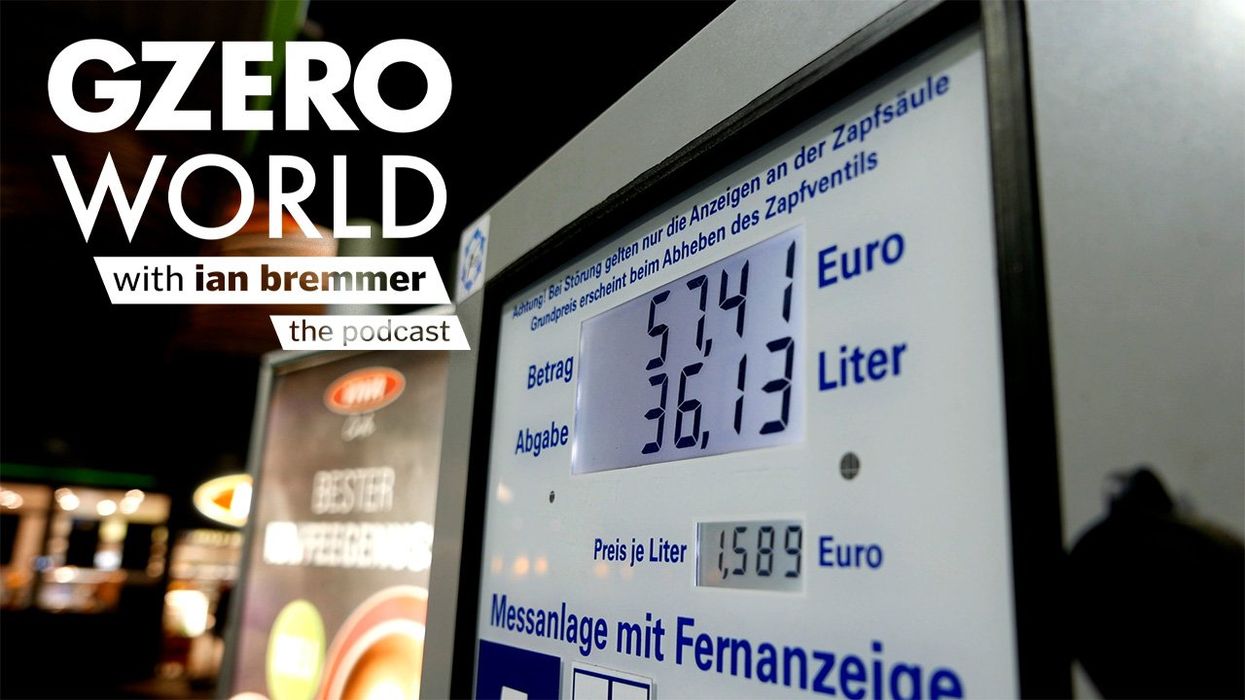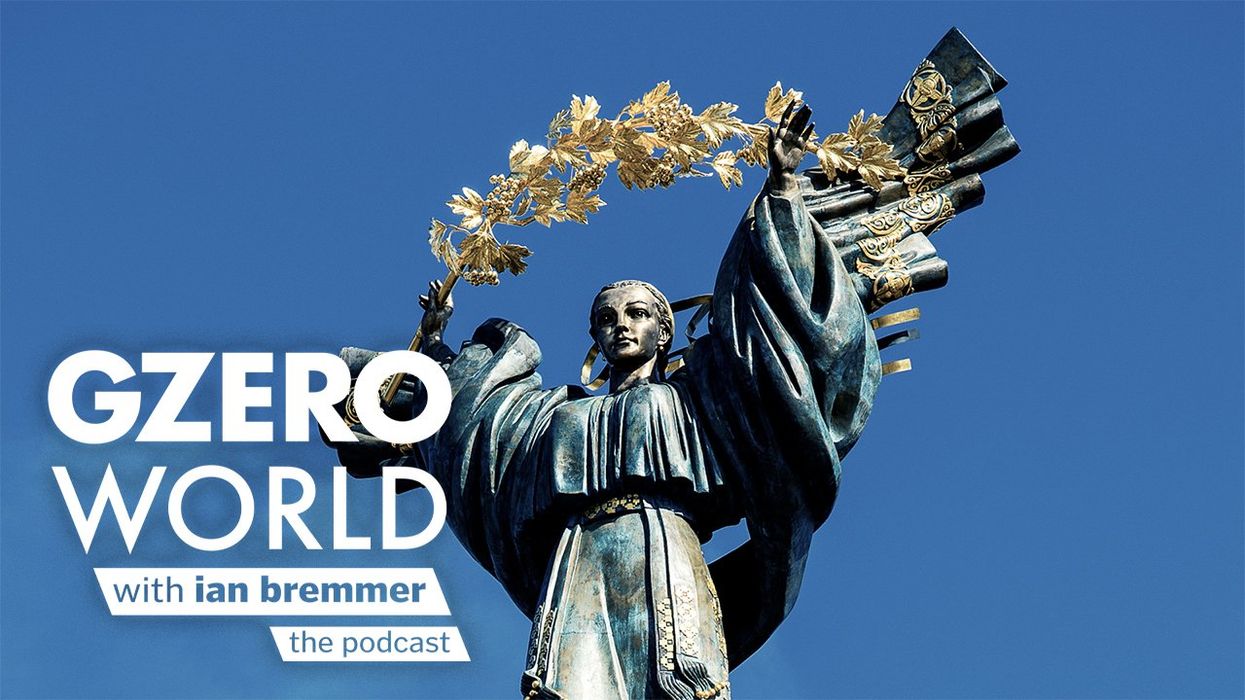Quick Take
Can Europe broker a Ukraine ceasefire?
Ian Bremmer's Quick Take: For the first time, Europe is leading the charge on a Ukraine ceasefire, with the US stepping back after the Trump-Zelensky fallout. Can they succeed? Ian Bremmer explains in Quick Take.
Mar 03, 2025

